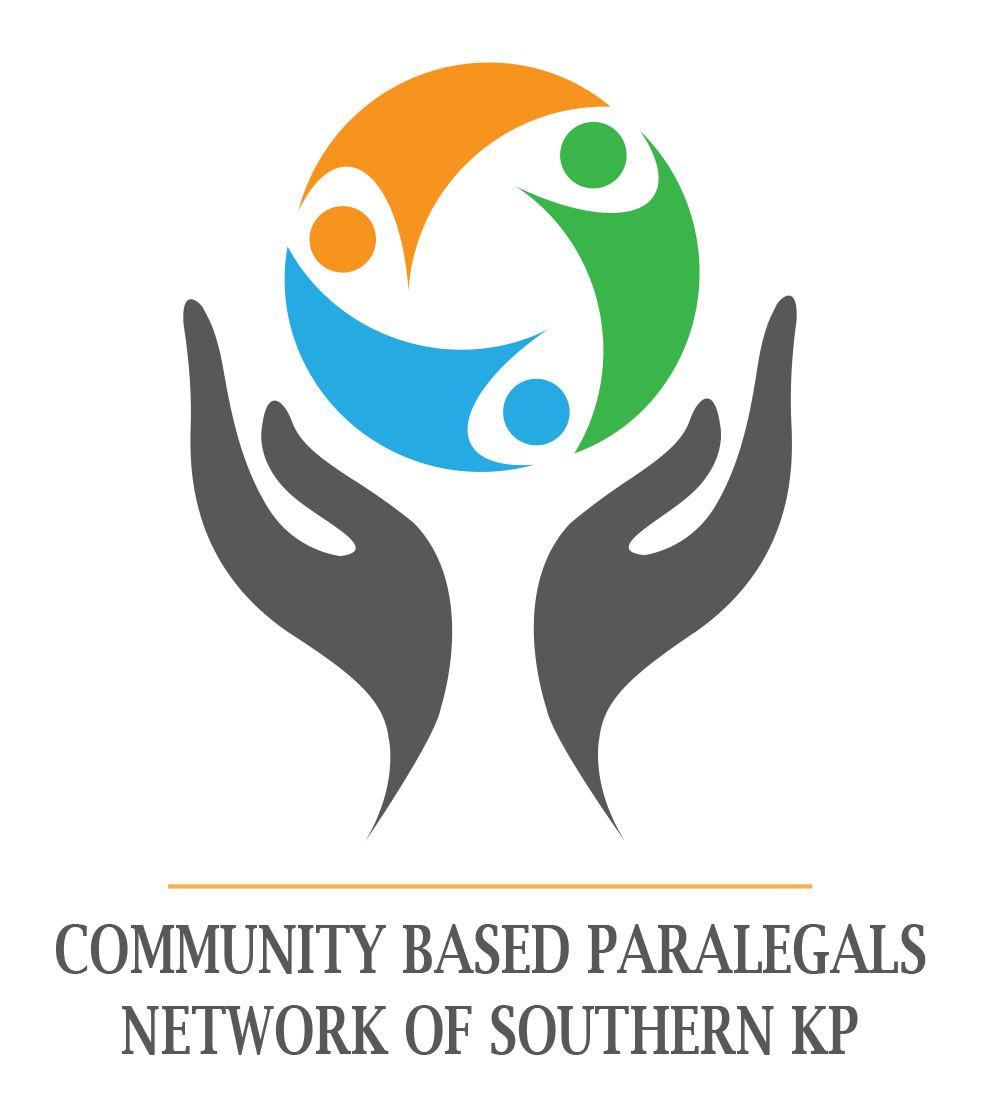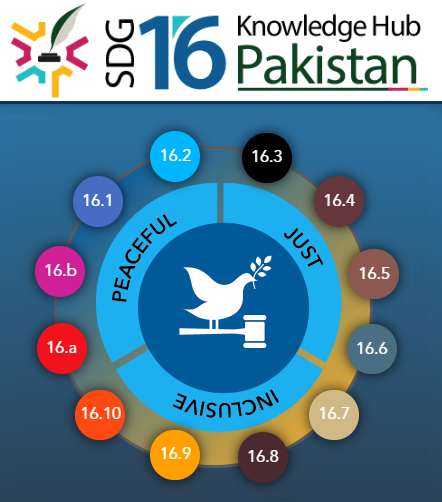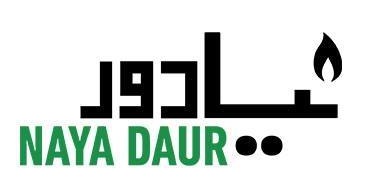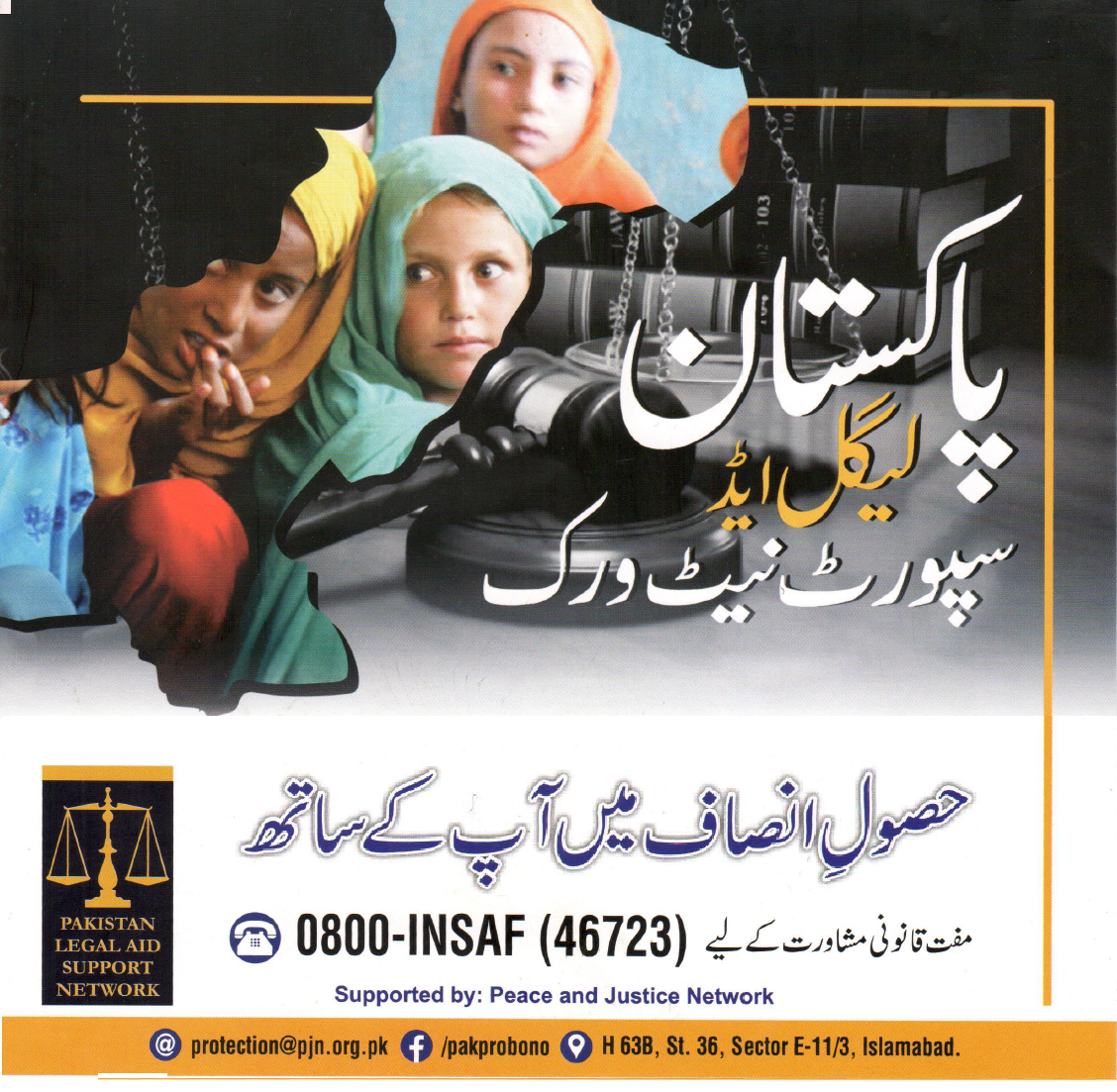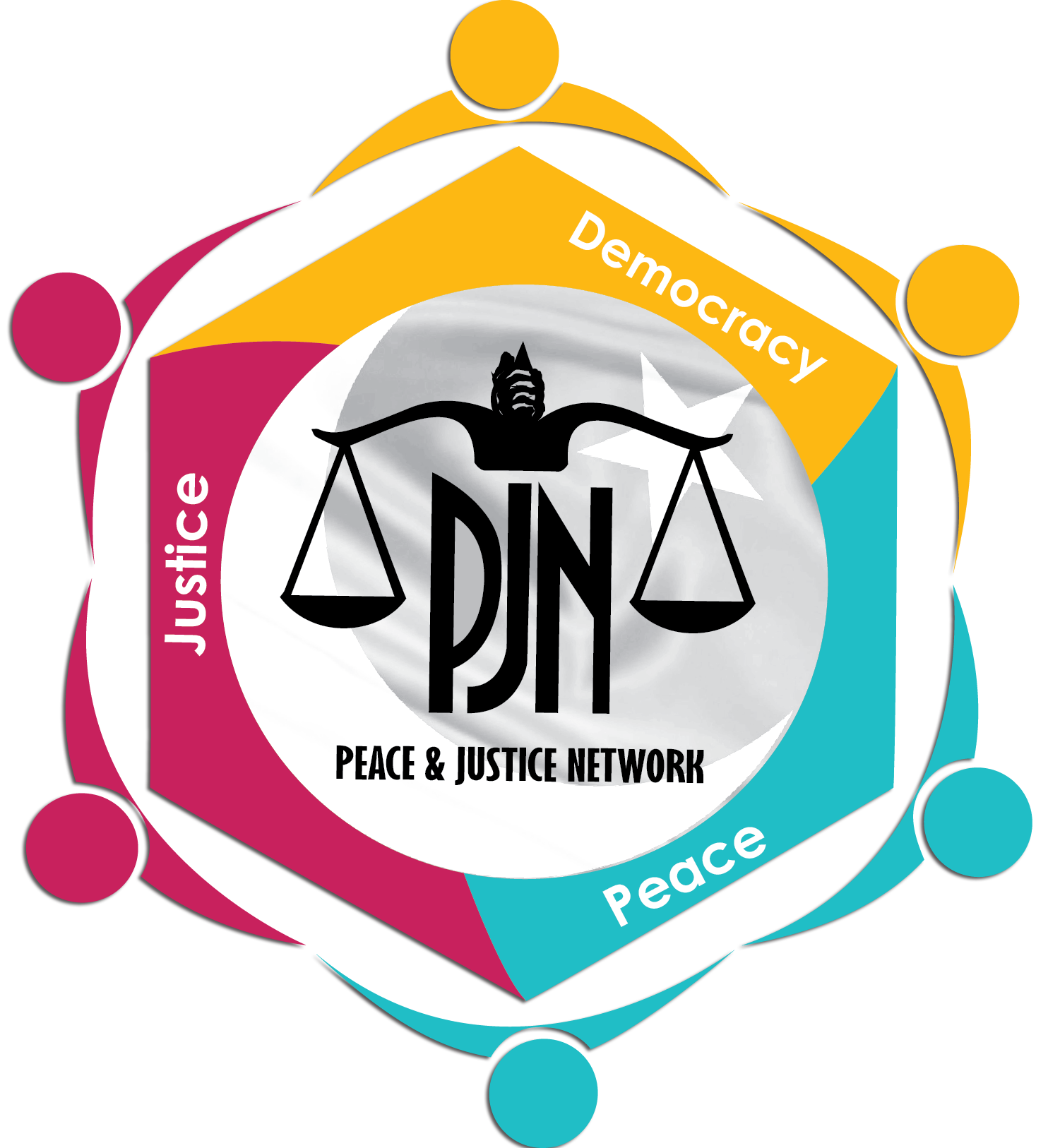

Community Paralegal Network - Southern KP Project
INTRODUCTION:
Pakistan is a highly litigious society with a large number of lawyers and long case backlogs. Access to justice is a never-ending problem in Pakistan since millions of people cannot afford the cost of legal representation. When justice is less than equal and generally unavailable, it compromises the integrity of democratic societies and the promises they make to their citizenry. It is incumbent on those vested with the responsibility of ensuring the availability of justice to utilize whatever means possible to foster access to justice for a society’s most vulnerable and marginalized groups. While access to affordable lawyers in Pakistan can be difficult for most people, it is exceptionally difficult or oftentimes impossible for individuals who lack the economic resources to retain private counsel. The situation is further complicated when the availability of NGOs or publicly funded lawyers is virtually non-existent.
Efforts to address weak state legal and judicial institutions have often focused on interventions defined in terms of creating and/or reforming the relevant rules and procedures, often based on idealized understandings of what constitutes a well-functioning system of law and justice. At the same time, more attention is being paid to increasing legal assistance to the poor in order to increase their capacity to effectively use state law and institutions in the pursuit of justice. Legal assistance has involved diverse interpretations ranging from “legal aid” to “legal empowerment”. Taken together, such efforts reflect changing understandings of the processes and obstacles involved as citizens attempt to get their justice concerns met. It is no longer enough to address formal legal institutions alone; as important are: (i) how formal legal institutions actually operate in the country, (ii) whether and how different people experience and use law in their pursuit of justice, and (iii) which strategies and practices have what effects in terms of law reform and justice.
One strategy involves community based paralegals who can help communities that lack access to the legal system, resolve their justice issues.
About Paralegal:
A paralegal is a community based person trained with basic knowledge of the law and the legal system. He or she is trained to understand, and is able to use, different methods to deal with disputes and legal matters to assist vulnerable and disadvantaged people to assert their rights without necessarily engaging the services of a lawyer or resorting to litigation. A paralegal has a strong role to play in encouraging respect for human rights and the rule of law, and promoting peace and positive change in communities.
A person or community may need a paralegal for many reasons. It may be because they:
- Are unable to afford going to a lawyer for legal advice.
- Feel uncomfortable going to a lawyer because of culture, gender expectations etc.
- Want to find a solution which doesn't involve going to court (because a court is expensive, slow, intimidating, makes tensions worse between parties, or because the outcome is out of the party's control).
- Want information about law or procedures, and can take steps themselves to solve the problem.
Paralegals are an effective way to bridge this gap by providing legal information that can assist in conflict resolution. Paralegals are easily accessible, provide services for free and are local to the community and therefore understand local issues much better.
UNDP Program:
UNDP Pakistan is supporting initiatives aimed at reforming the formal and informal justice mechanisms in Khyber Pakhtunkhwa (KP) through its Strengthening Rule of Law Programme (SRLP) since 2012. The SRLP with the provincial government and engages with the KP government for building capacity of KP’s rule of law institutions.
The Alternative Dispute Resolution (ADR) output II SRLP is aimed at reforming and strengthening statutory ADR mechanisms in KP. The ADR activities include support to provincial government’s ADR plans as well as paralegal interventions.
In recent years, UNDP, as well as some international donors and local organizations have introduced the community-based paralegal model in different parts of Pakistan. From 201-14 UNDP-SRLP trained 1152 paralegals (40% women) in different districts of KP. In 2016 UNDP supported the University of Malakand for establishment of a paralegal certificate course. A national conference on community based paralegals was also conducted in 2016 which concluded with issuance of the National Declaration on Paralegals. In 2016 200 (93 women) paralegals belonging to the target districts in KP attended the course at the University of Malakand. In order to organize the paralegals into a formal network, UNDP-SRLP in collaboration with the University of Malakand established a divisional Paralegal Network which is based with OLASS NGO in Malakand division.
The SRLP intends to establish a Paralegal Network in southern districts of KP i.e. D.I.Khan, Kohat and Bannu. The Network is expected to extend to other southern districts in case the paralegal interventions are extended to those districts. The Network will bring together the certified paralegals from the target districts who have attended the University of Malakand course in 2016 and 2017.
Project Objectives:
ü To establish a Paralegal Network in the southern districts of KP i.e. Kohat, D.I.Khan and Bannu. The activities include organizing district level chapters and a divisional setup for the Paralegal Network through a consultative process.
ESTABLISHING COMMUNITY PARALEGAL NETWORK IN SOUTH KP:
In order to establish Community Based Paralegals Network of Southern KP covering districts Kohat, D.I.Khan and Bannu, CDP with the technical support of Peace & Justice Network (PJN) implemented series of activities include organizing district level chapters and a divisional setup for the Paralegal Network through a consultative process.
The CDP established the central office for the Paralegal Network in Bannu and finalize the registration process of network under Societies Registration Act 1860.
Most of the implementation work was done in parallel by engaging different competencies of project team for the project.
To establish Community Paralegal Network in Southern KP, CDP adopted following implementation approach which has been divided into four phases.
- Phase 1) Network Structuring and Office Establishment
- Phase 2) Identification of Paralegals & Forming District Level Chapters
- Phase 3) Designing and Developing Paralegal Network Documentation/Bylaws and Initiate Network Registration
- Phase 4) Network Legally Registered; Assignment Closing Reporting and Documentation
Copyright © 2024 pjn.org.pk
